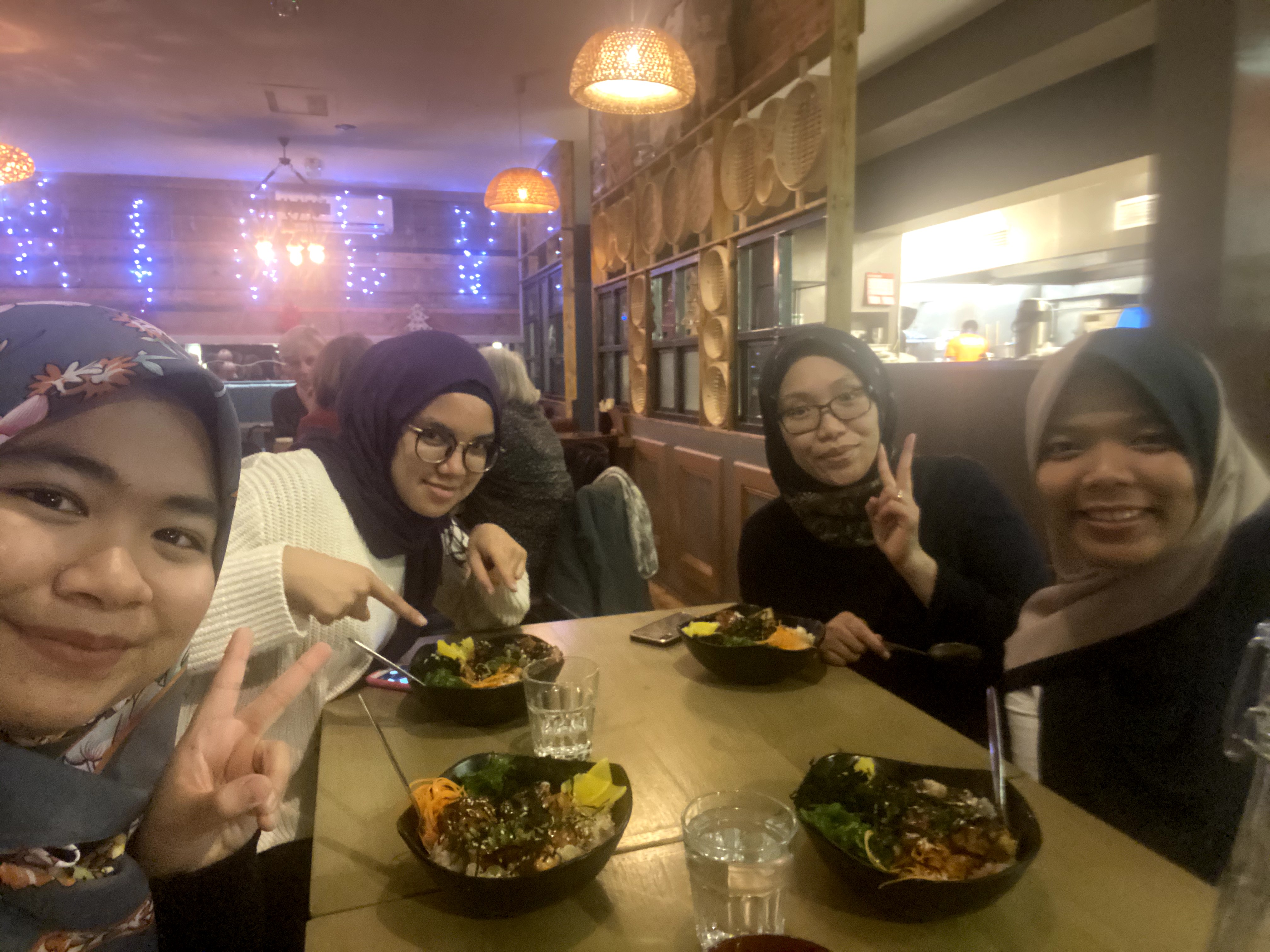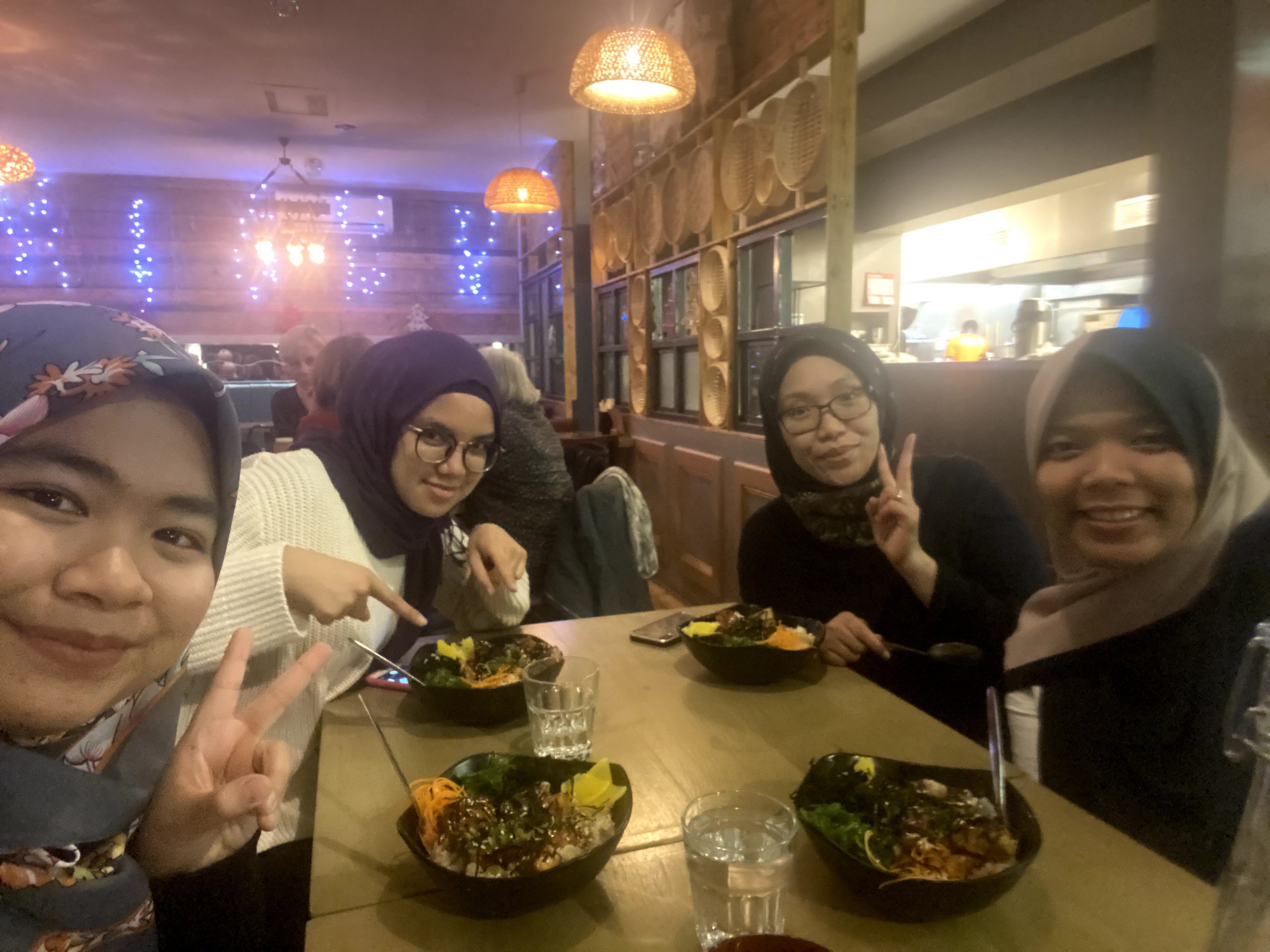
Assalamualaikum and peace be upon everyone.
Half-Way Point of my LLM
If I could describe today with one word, it is ‘depressed’. Never in my life, I felt hopeless because apparently, the feedback I got from my assignments weren’t really as good as I expected. I was too complacent and maybe a little too comfortable with my position. Studying shouldn’t be comfortable, gaining knowledge is a process that makes you have constant curiosity and desire to improve in the area that you are studying.
Some of the feedback was encouraging and suggested me to look upon brushing up my writing skills which are essential alongside understanding the substantive element of my studies. I am not in the position to comment on how law students in Malaysia do so but here, in the UK, it’s mostly articulating your views in academic writing which until today I am still at the intermediate level.
I might as well use this blog, a platform I hold dearly to, to improve my writing. So..behold…the introduction of the PTP – stands for the..drumrolls…PENGUIN THINKING POD! It is basically just a cool name I invented to ensure that I am disciplined and accountable to my own self-actions in writing.
If you’re reading this, no matter who you are, I eagerly welcome you to give me constructive feedback on my writings and on my ideas because 1) I am in desperate need of improvement to survive this academia life and 2) that is what friends do right? hehe
Penguin Thinking Pod
Topic 1 of PTP: Mental Health among Medical Professions
During a recent observation in my Mental and Social Wellbeing class, we discussed a judgment which intrinsically appeared to generalise medical students or future doctors to be individuals who are immune from mental health problems. It was not the key elements of the case but this slight, off tangent remarks that I observed from the judge’s words made me wonder that are doctors really immune to mental health problems?
The answer is no because, on the contrary, doctors and other medical professionals are at the frontline of saving people’s lives. They are the ones that are the most susceptible to the dangers of their own job. Working long hours and having to deal with patients and not to mention the trauma of seeing people die or heavily injured is not particularly interesting for the faint-hearted.
However, in Malaysia, mental health awareness is still in its infant years and it targets the general public – or at least to young adults. Words like ‘depression’ and ‘anxiety’ are odd to most of our relatively conservative people. In a community of ours, not normal is equivalent to spiritual disturbance or lack of religious practices which to me does not seem to be relevant in all cases.
When mental health in general public seems to be lacking, what more can be expected in a more tight-knit, professional, and expert community like the medical profession? Due to the public’s perception, it is only logical for them NOT to have any mental health problems. To oversimplify it, you wouldn’t want to hire a plumber to fix the pipes in your house when pipes are broken in his own house too, right?
Often we forgot that doctors are human too, and they can also be patient themselves. So, here is the next question – if you’re a doctor yourself, I bet you can treat yourself too right? No, but maybe there is some degree of yes. I’m not sure myself, as I am not a medical practitioner. Reasonably, you can not because you’re not fit to treat yourself.
Are our doctors and medical professionals in Malaysia have their mental wellbeing supported? A friend of mine who is a dentist said their employment is not stable due to the lack of permanent position offered by the MOH, what more taking care of their mental wellbeing. Other pressing issues such as employment made it difficult to cater to the need of the mental wellbeing of our doctors. Burnt out and depression have been the causes of poor mental health amongst these professionals. Thus, what we are doing is to improve the livelihood of our precious human resources. To be involved is not just a question of economics, but also a moral obligation.
With the increase of permanent positions for junior doctors, hopefully, we can see less or no doctors having effects of burnt out and stress-induced anxiety. It also allows doctors to rest sufficiently without having to worry to be on call due to understaffing. Let’s hope for the better!
